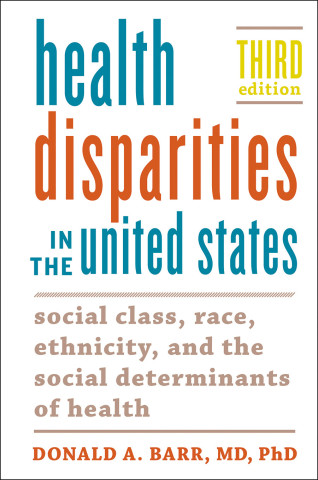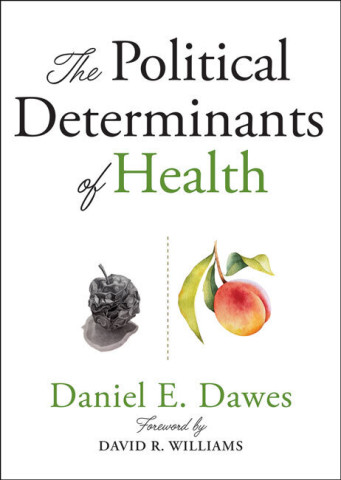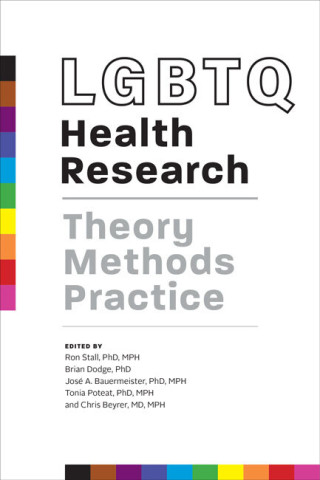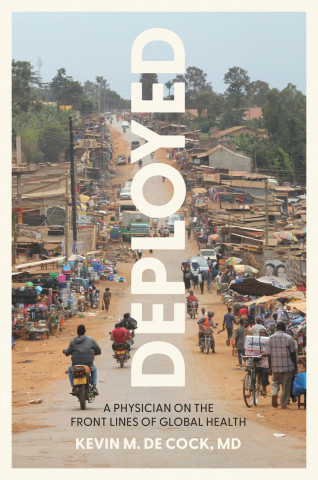
Reviews
Health Disparities in the United States will serve well as a foundational text for courses on the subject and for individuals looking for a well-organized, highly researched text.
Clearly written, with an extensive list of references, it will be useful for all audiences and an important text for professionals in the health field, especially those in medical education. Highly recommended.
Dr. Barr's book is an excellent read on how race and ethnicity affect health care and contribute to health disparities.
Barr's book will go a long way toward convincing American policy makers and the public that health disparities are neither acceptable nor inevitable.
Barr has written a captivating and well-researched book.
A masterful, timely, up-to-date, and reader-friendly overview of health disparities in the United States.
This book will be of interest to everyone with an interest in diversity issues and the effects of inequality on child development, and all those who value and treasure the NHS.
This very fundamental book about health disparities in the United States gives an up to date and comprehensive summary of the current knowledge about this important health topic. It offers potential policy—and physician—based solutions for reducing social inequalities in health in the long run.
Clearly articulates the problem of health disparities and how socioeconomic status and race and ethnicity are interwoven. Barr has brought together a vast amount of material in a conceptually meaningful way that hopefully will be digested by those in training to be medical professionals.
Book Details
Preface
1. Introduction to the Social Roots of Health Disparities
2. What Is "Health"? How Should We Define It? How Should We Measure It?
3. The Relationship between Socioeconomic Status and Health, or,
Preface
1. Introduction to the Social Roots of Health Disparities
2. What Is "Health"? How Should We Define It? How Should We Measure It?
3. The Relationship between Socioeconomic Status and Health, or, "They Call It 'Poor Health' for a Reason"
4. Understanding How Low Social Status Leads to Poor Health
5. Race, Ethnicity, and Health
6. Race/Ethnicity, Socioeconomic Status, and Health: Which Is More Important in Affecting Health Status?
7. Children's Health Disparities
8. All Things Being Equal, Does Race/Ethnicity Affect How Physicians Treat Patients?
9. Why Does Race/Ethnicity Affect the Way Physicians Treat Patients?
10. When, if Ever, Is It Appropriate to Use a Patient's Race/Ethnicity to Help Guide Medical Decisions?
11. What Should We Do to Reduce Health Disparities?
References
Index






